Strategic Window Replacement: Thermal Efficiency and Cost Savings
Homeowners often overlook the transformative power of window replacement. However, upgrading your windows can significantly enhance your home’s thermal efficiency and reduce energy costs. In this article, we’ll explore how replacing your windows provides benefits that go beyond aesthetics, offering practical advantages such as improved insulation, soundproofing, and increased property value.
Understanding Thermal Efficiency
Windows play a crucial role in maintaining your home’s internal temperature by preventing heat loss in winter and minimizing heat gain in summer. Modern windows with double or triple glazing, low-emissivity coatings, and gas fills can drastically improve thermal efficiency. These features reduce the need for artificial heating and cooling, resulting in lower energy bills.
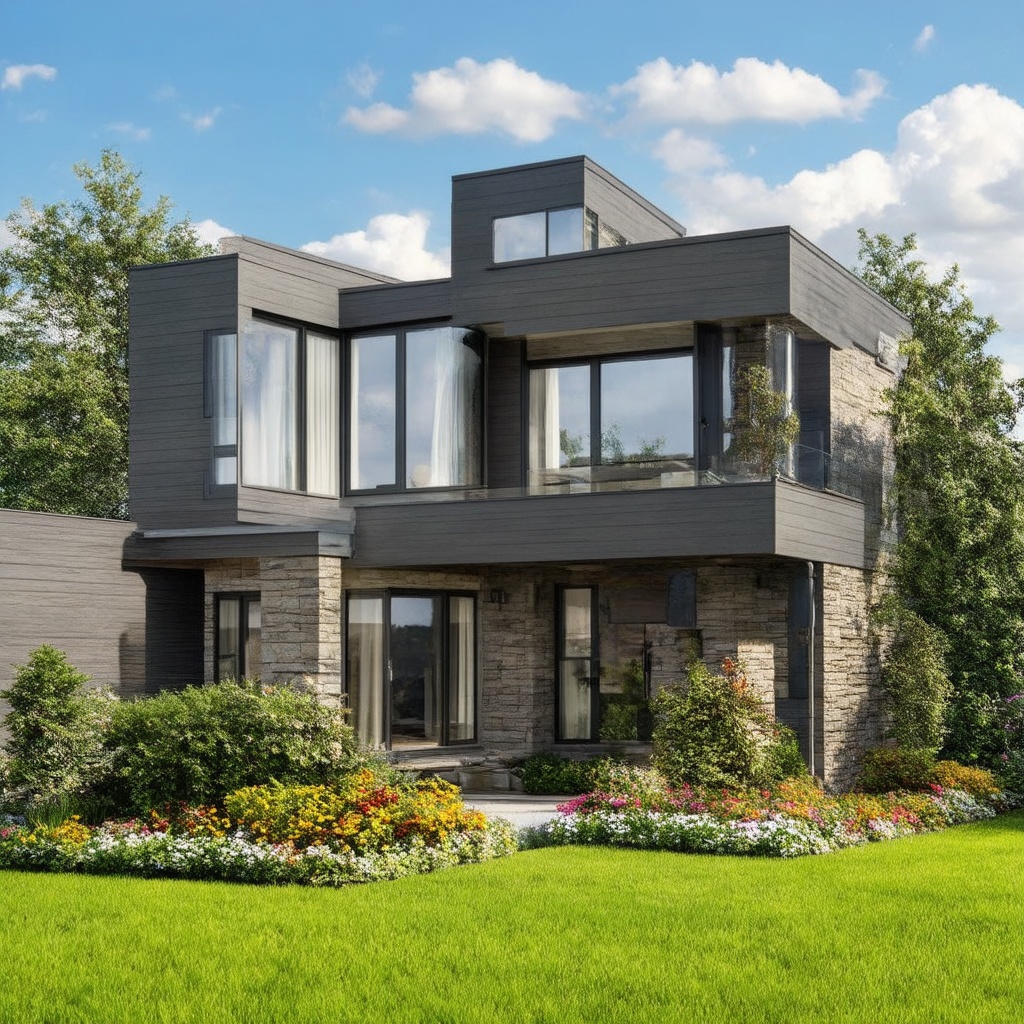
Incorporating these advanced technologies in window construction helps achieve a higher R-value—a measure of resistance to heat flow. The higher the R-value, the better the insulation. Upgrading your windows is an investment in energy efficiency that pays dividends over time.
Cost Savings and ROI
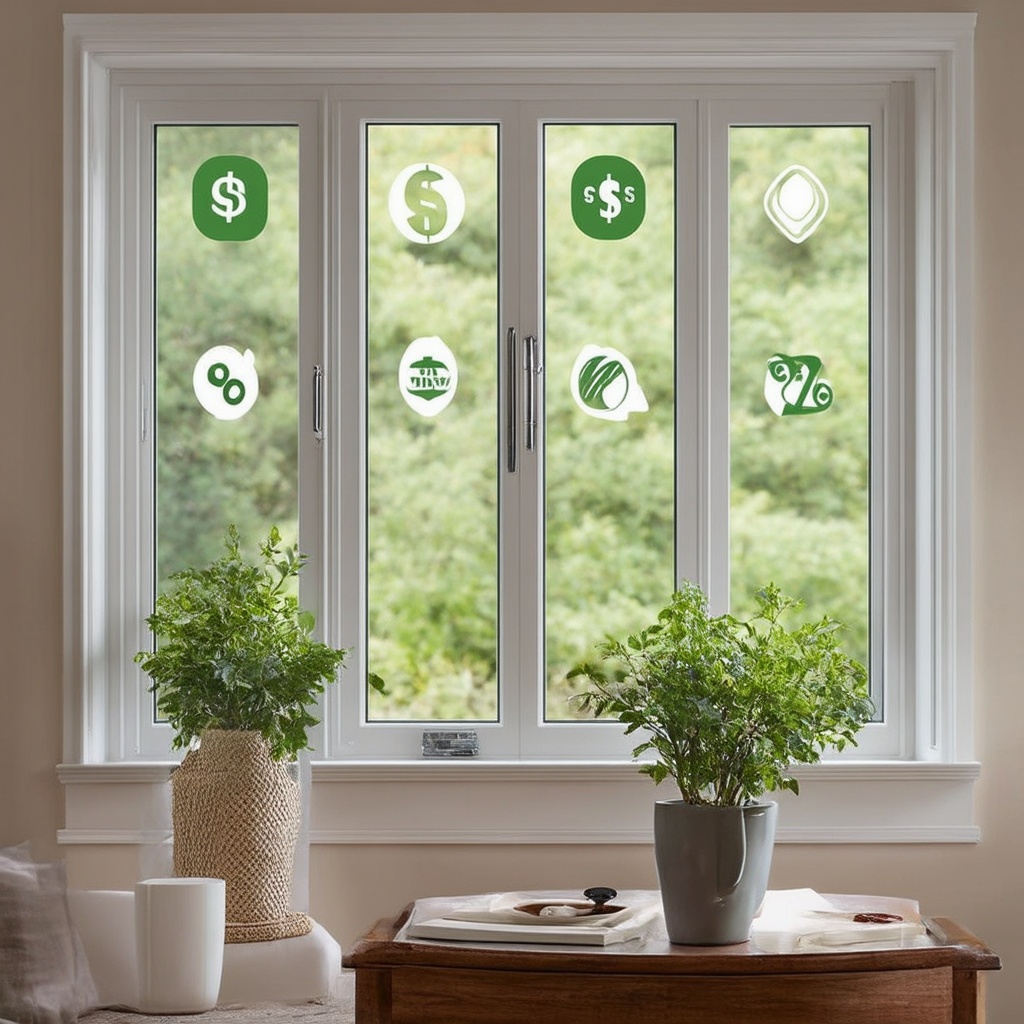
While the initial cost of window replacement can be significant, the long-term financial benefits outweigh the upfront expense. Energy-efficient windows can reduce heating and cooling costs by up to 15%, according to the U.S. Department of Energy. This reduction quickly adds up, offering an attractive return on investment (ROI) over the life of the windows.
Moreover, many states offer rebates and tax incentives for homeowners who choose energy-efficient window solutions, further enhancing the financial appeal of this home improvement project. These incentives can offset the initial investment, making window replacement a financially savvy decision.
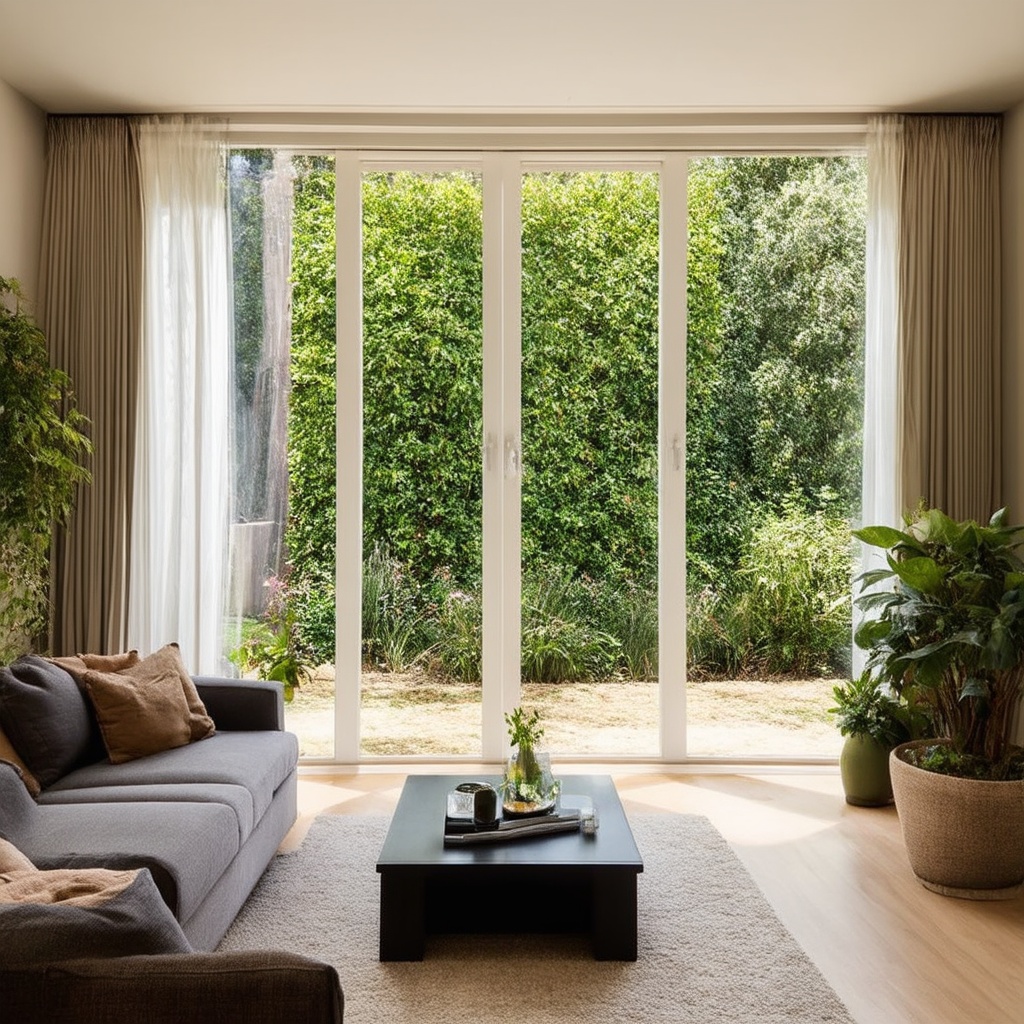
Enhanced Comfort and Soundproofing
Beyond cost savings, window replacement offers substantial improvements in home comfort. Advanced window technologies significantly reduce drafts and cold spots, creating a more pleasant indoor environment. This means you can enjoy consistent temperatures throughout your home, regardless of the season.
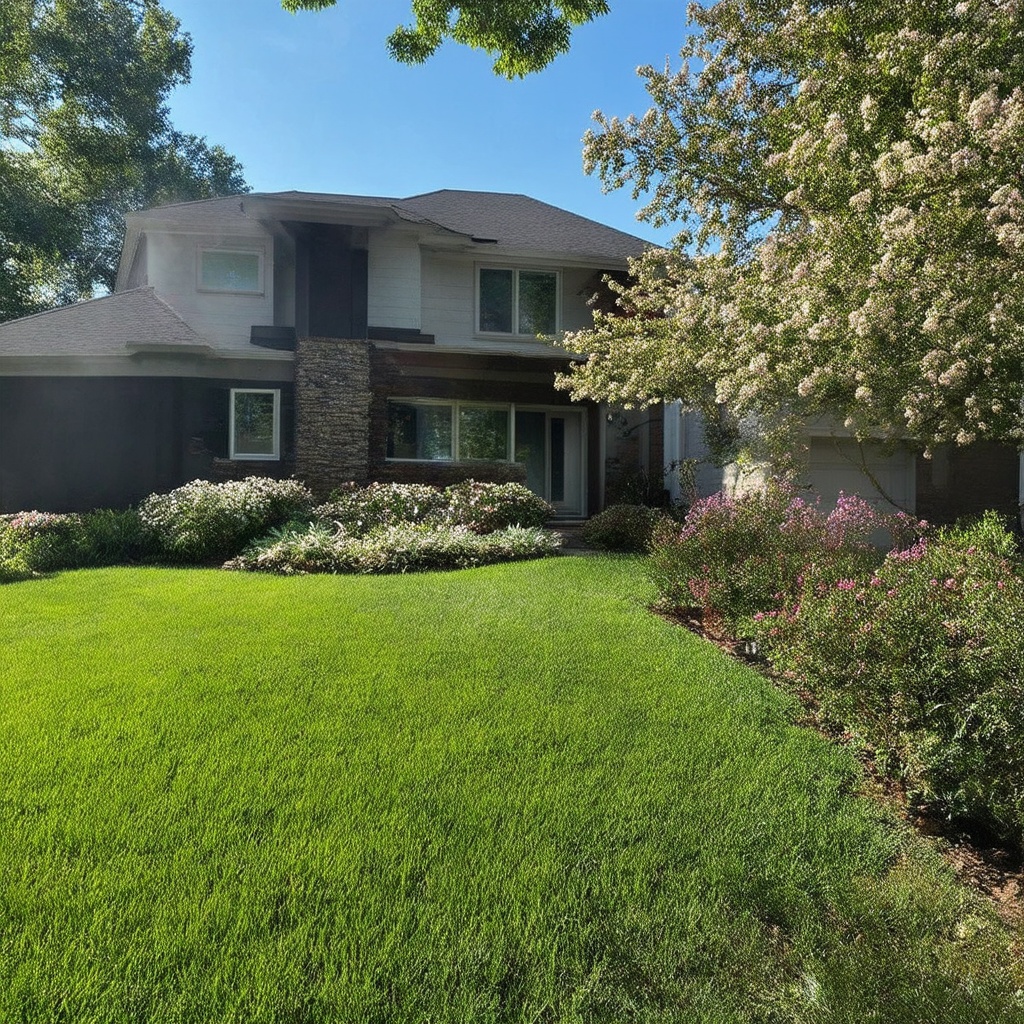
Additionally, modern windows with laminated glass or multiple panes provide excellent soundproofing, reducing noise pollution from outside. This feature is especially beneficial for homes in urban areas or near busy roads, where noise can be a persistent issue.
Boosting Property Value
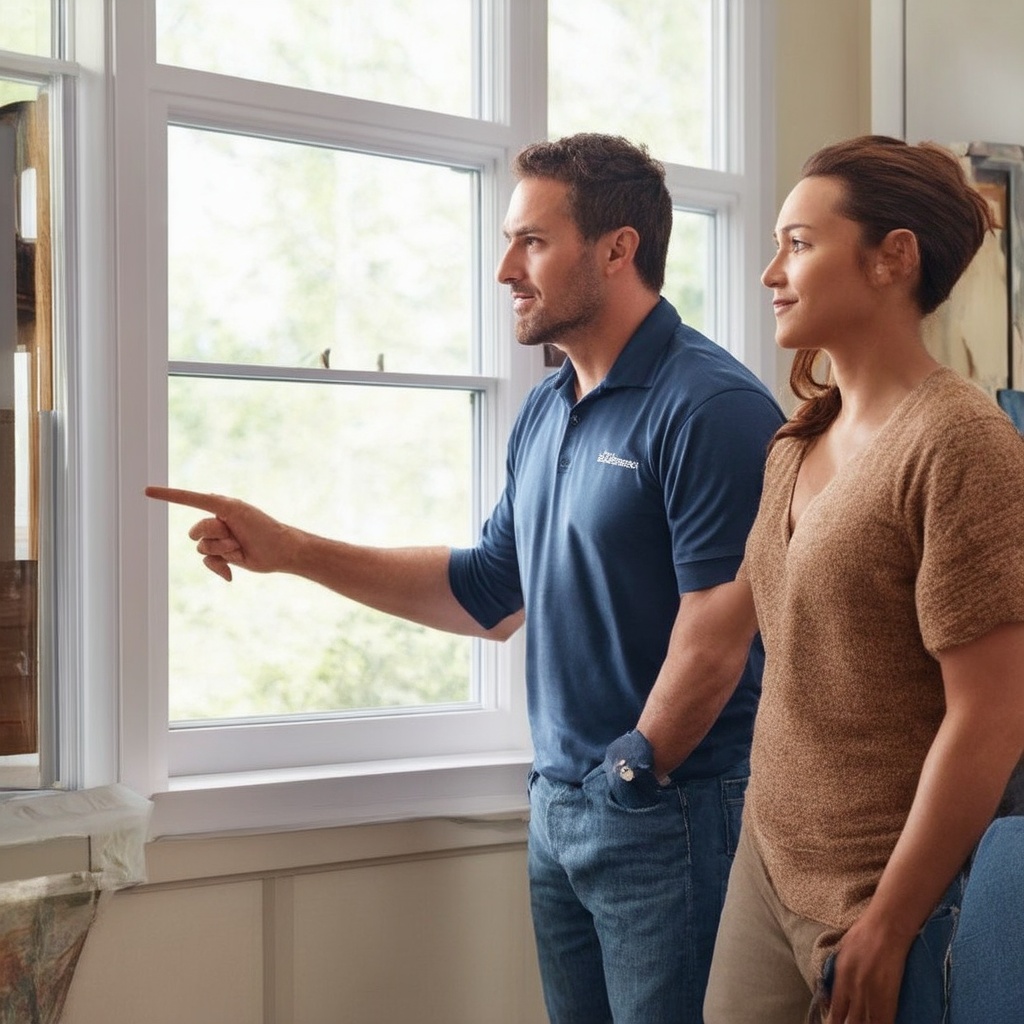
Replacing your windows is not only a strategic move for improving your home’s functionality but also its market value. Prospective buyers often view new windows as a sign of a well-maintained property. According to the National Association of Realtors, window replacement projects can recoup up to 80% of their cost in added home value.
New windows can also enhance your home’s curb appeal, providing a modern look that attracts potential buyers. With a combination of aesthetics and efficiency, upgraded windows can set your property apart in a competitive real estate market.
Actionable Steps for Homeowners
To maximize the benefits of window replacement, consider the following steps:
- Conduct an energy audit to identify the most inefficient windows in your home.
- Consult with a professional contractor to discuss window options that meet your specific needs and budget.
- Research available rebates and tax incentives for energy-efficient upgrades in your area.
- Select windows with high R-values and low U-factors for optimal insulation.
- Consider additional features like laminations for soundproofing and UV coatings for added protection.
Conclusion
Strategic window replacement offers a multitude of benefits, from enhanced thermal efficiency and cost savings to improved comfort and increased property value. By investing in modern, energy-efficient windows, homeowners can enjoy a more comfortable living environment and significant financial returns. Start by assessing your current windows and consulting with a professional to explore the best options for your home.
Frequently Asked Questions
Energy-efficient windows work by minimizing heat transfer through the use of advanced technologies such as double glazing, low-emissivity coatings, and gas fills, which improve insulation and reduce energy loss.
The typical ROI on window replacement can be up to 80%, with additional savings from reduced energy bills and potential tax incentives.
Yes, many states offer rebates and tax incentives for installing energy-efficient windows. It’s advisable to check local programs for specific benefits.
Windows typically last 15 to 20 years, but factors like weather conditions and quality of installation can affect their lifespan, necessitating earlier replacement.
Yes, windows with laminated glass or multiple panes can significantly reduce external noise, making them ideal for homes in noisy environments.
